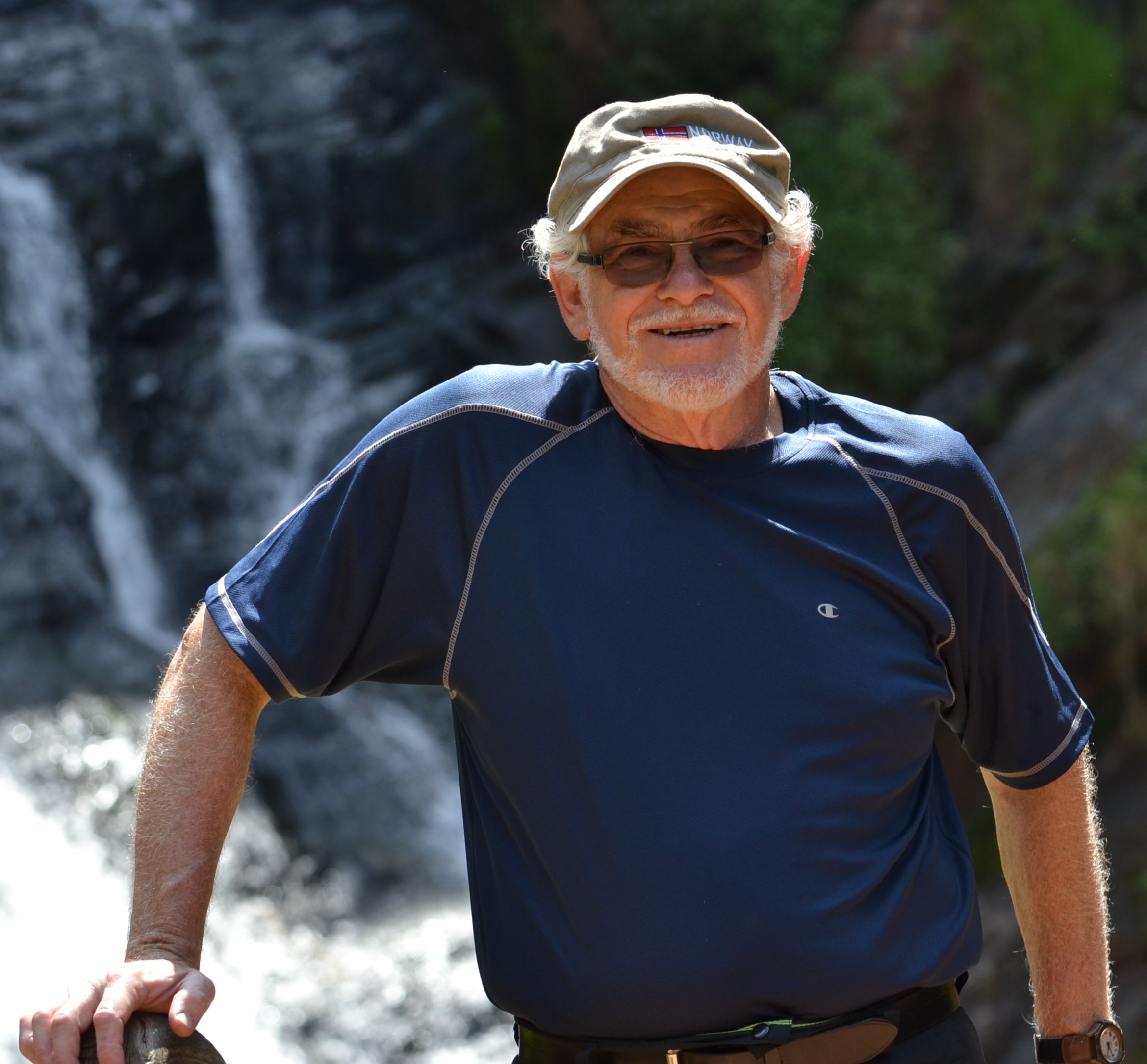Computational Physics, An Improved Path for Physics Education? Dr. Rubin Landau (Oregon State University)

Evidence of the need for a change in physics education will be presented. It will be argued that computational physics provides a broader, more balanced and more flexible education than the traditional physics major. A survey of all computational science programs in the USA will be presented, as will be details of the bachelors in computational physics program at Oregon State University (OSU) and of the educational materials developed. It will be proposed that presentation of physics within a computational problem-solving paradigm is a more effective and efficient way to teach physics than the traditional one.
Rubin H. Landau, the son of immigrants, received his bachelors in engineering physics from Cornell University in 1965, his masters in physics in 1966, and his doctorate in physics in 1970 from the University of Illinois. His research specialty is theoretical and computational studies of the interactions of elementary particles with bound systems. He held postdoc positions at the Universities of Pittsburgh and British Columbia, and from 1974-1985 was a regular visitor at Triumf and UBC. He has also held visiting appointments at the University of California, San Diego (the Supercomputer center and the Institute for Nonlinear Science); the Nuclear Theory Institute at the University of Washington; Adelaide University; Melbourne University; IBM Research, Yorktown Heights; the University of Surrey (SRC Sr Fellowship); the Hebrew University of Jerusalem; the Weitzman Institute; and Lawrence Berkeley Laboratory. He is a Fellow of the American Physical Society (Division of Computational Physics), an OSU Distinguished Professor, and since 2003 a Professor emeritus, teaching part time and continuing computational developments.
From 1974-2000, Landau conducted a basic research program in computational and theoretical, particle and nuclear physics at OSU funded by the DOE and NSF. This yielded over 80 publications and supported a baker’s dozen of graduate students. While at Oregon State he introduced five new undergraduate courses in Computational Physics and Science, a graduate course in Nonlinear Dynamics, and a new curriculum for graduate-level Advanced Quantum Mechanics.
In 2001 Landau led the creation of a Bachelors in science degree program in Computational Physics (CPUG) incorporating all the computation classes he developed, as well as math and CS classes not usually taken by physics majors. He has directed the program until recently. Landau has been the author or coauthor on five books: "A Survey of Computational Physics," " A First Course in Scientific Computing, Computational Physics (three editions)," "Problem Solving with Computers," "A Scientist's Guide to Workstations and Supercomputers," "Quantum Mechanics II," and a large number of educational Web tutorials. Landau is the Education editor and columnist for "Computing in Science & Engineering," Co Editor of a Taylor & Francis book series on computational physics, a member of the TEOS/XSEDE advisory committee, a former member of the Executive Committee of the APS’s Division of Computational Physics, and the AAPT’s Technology Committee, has been part of the Education Program at the SuperComputing (SC) conferences, has taught workshops with the Shodor Education Foundation, has been active with Education Outreach and Training thrust of NPACI, and cooperates to Microsoft Research’s efforts in Computational Education for Scientists.